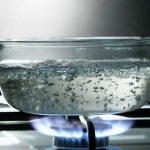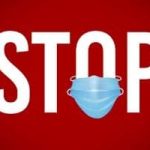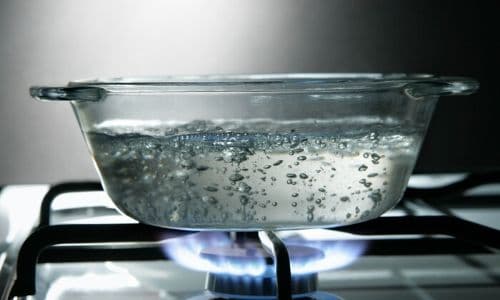
Does Temperature Kill Viruses?
In modern society, it is easy to take for granted the fact that most everyone has readily available, endless supplies of clean water. Throughout human history, obtaining pure, clean water has been the most urgent need for human civilizations. In modern times, people have resorted to using science to provide safe water by using chemical agents, mostly chlorine-based chemicals.
However, there are circumstances that may require you to find another way to make your water safe, such as natural disasters or water treatment infrastructure failure. Boiling is an ancient method of making water safe and in many places it is still used today.
Even in societies that have sources of chemically treated water, there are times when treating your own water will be necessary. Using heat will help you inactivate some viruses, leaving you with clean water.
How to Use Temperature Against Viruses
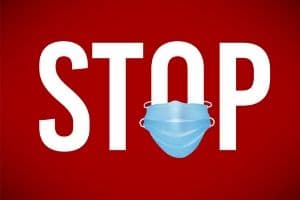 In industrial systems, people use temperature to make products such as water and milk safe for human consumption. When using heat to purify a product the two most important elements are temperature and time.
In industrial systems, people use temperature to make products such as water and milk safe for human consumption. When using heat to purify a product the two most important elements are temperature and time.
In the case of milk, the temperature is raised to 145 degrees and held for 30 minutes to inactivate pathogens that may be present, in a process called pasteurization. If the temperature is raised to 165 degrees the temperature must only be held for 15 seconds.
Temperatures to make milk safe are higher than the temperatures needed for water since milk is a more complex product. When using temperature to treat water you will only need to heat to around 140 degrees and maintain the temperature for a matter of minutes.
As you can see, raising the temperature of water to the boiling point of 212 degrees is certainly enough to kill most pathogens that may be present in the water as stated by the World Health Organization. There have been circumstances in society that have forced citizens to comply with a “boil order.” Boil orders are issued when municipal water sources have been deemed unfit for human consumption. By complying with a boil order you can be sure that you are providing yourself with clean water.
Do Freezing Temperatures Kill Viruses?
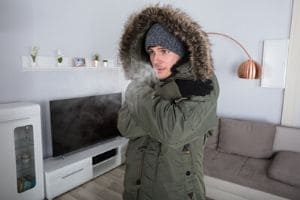
Since high heat kills bacteria and viruses, can freezing water kill them as well? It’s a good question. However, research indicates that freezing pathogens does nothing to affect their ability to cause infections.
The reason has to do with the way heat affects pathogens. High temperature destroys the structure of a pathogen while low temperature does not.
Freezing pathogens will cause them to become dormant. While dormant, they can’t replicate or move. Despite being unable to move or replicate, pathogens are still alive and can become infectious when removed from cold temperatures.
Why Is 140 Fahrenheit Important?
 140 degrees is the magic number at which the process of pasteurization begins. At temperatures below 140 degrees, most pathogens will survive indefinitely.
140 degrees is the magic number at which the process of pasteurization begins. At temperatures below 140 degrees, most pathogens will survive indefinitely.
As the temperature of a liquid is raised above 140 degrees pathogens will begin to fade away. As the temperature climbs higher the die-off accelerates.
When liquids are held at 140 degrees the process continues. Therefore, the longer a fluid stays at 140 degrees, the fewer pathogens can survive. This is why pasteurization is such an effective process.
About Locklear Plumbing
Locklear Plumbing is a family-owned and operated business serving the Calhoun, GA area. With prompt and professional services from licensed and bonded technicians, you can trust them with any of your residential or commercial plumbing needs.
DISTRIBUTION LINKS
- 1007thescore.com
- 1077yesfm.com
- 937theeagle.com
- doublet973.com
- fox21delmarva.com
- fox34.com
- ktvn.com
- lubbockcw.com
- mylubbocktv.com
- oldies977lubbock.com
- telemundolubbock.com
- telemundonuevomexico.com
- tulsacw.com
- wboc.com
- weny.com
- wfmj.com
- wicz.com
- central.newschannelnebraska.com
- metro.newschannelnebraska.com
- midplains.newschannelnebraska.com
- northeast.newschannelnebraska.com
- panhandle.newschannelnebraska.com
- plattevalley.newschannelnebraska.com
- rivercountry.newschannelnebraska.com
- southeast.newschannelnebraska.com
- erienewsnow.com
- htv10.tv
- kake.com
- lubbocks969thebull.com
- magic1065.com
- snntv.com
- wfxg.com
- wrcbtv.com
- wrde.com

